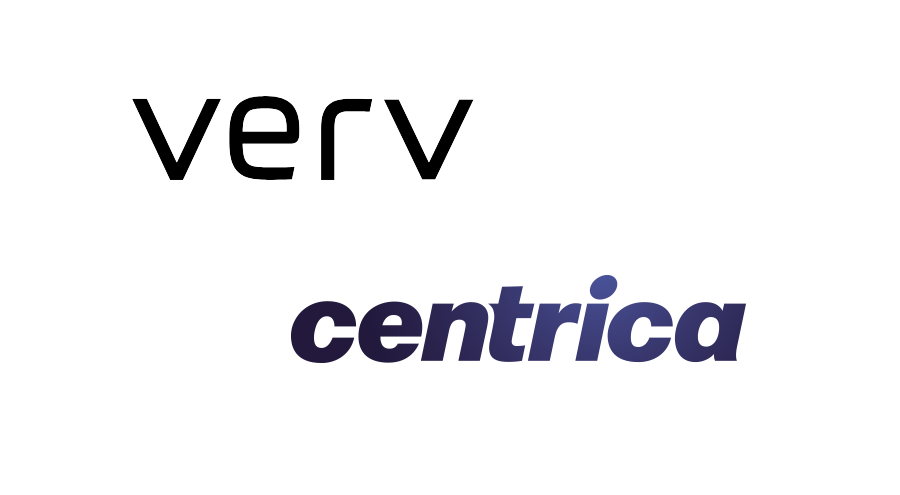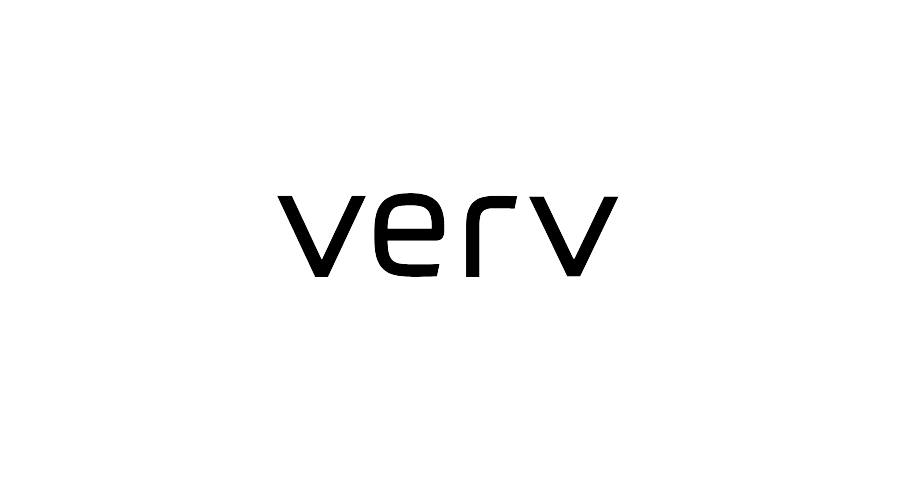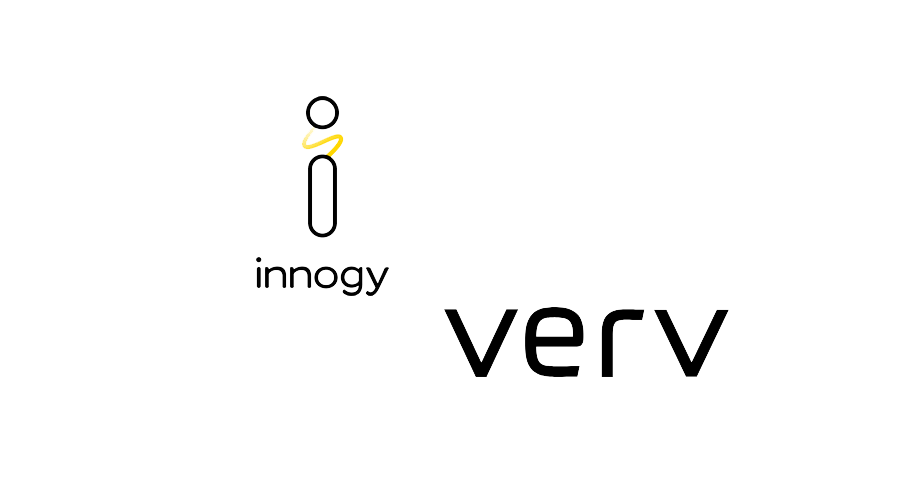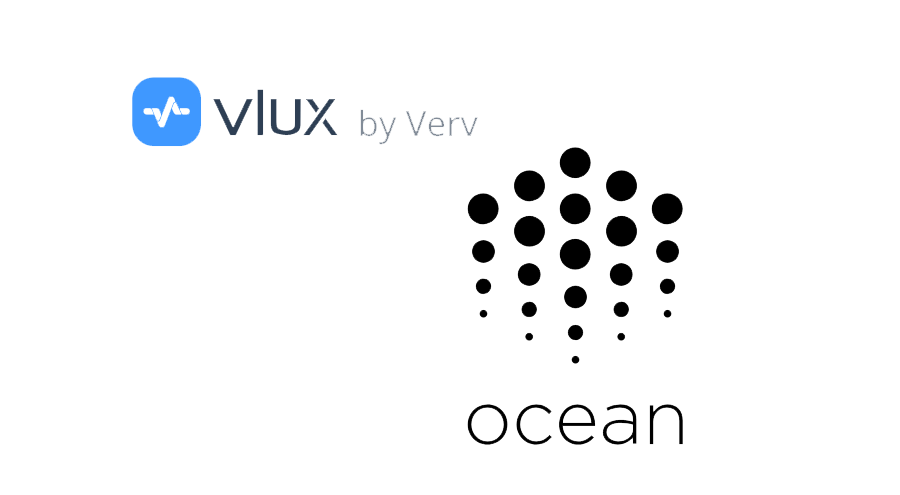Machine learning start-up Verv and international energy and services company Centrica are to work together on the next phase of Verv’s community energy trial, which aims to explore how peer-to-peer trading on the blockchain could reduce customer bills. Centrica has joined Verv’s live trial at a social housing community in Hackney, London where solar panels have been installed on 13 blocks of flats to supply communal areas.
Powered by Verv’s artificial intelligence technology and blockchain, experts from Centrica’s supply business, British Gas, will be looking at how customers would be billed if owners of the solar panels could sell their excess energy to their neighbors. The trial has recently been officially accepted onto the Ofgem sandbox which offers regulatory flexibility in order to explore new and disruptive technologies.
Verv, currently holding a pre-sale for its VLUX token, rolled out its blockchain-based energy trading platform to the London community earlier this year and executed the UK’s first physical peer-to-peer trade of energy on the blockchain in April. The next phase of the trial will focus on testing different billing methods to ensure that customers receive clear and fair bills when taking part in a network where energy is coming from multiple sources. In this case, it will analyze how much energy is being consumed through British Gas and how much is coming from the solar panels.
“Bill consolidation is a significant component of peer-to-peer energy trading; we need to ensure that consumers get a clear bill which breaks down where their energy has come from and charges them accordingly. I’m looking forward to this phase as we explore more in-depth logistics of real-world implementation and edge closer and closer to it. We’re thrilled to have British Gas on board to help discover how we can offer customers seamless energy consumption options that include cheaper, locally sourced green energy.”
Centrica has previously invested £1.9 million into Verv through its social impact investment fund, Ignite, which now forms part of Centrica Innovations. Established in 2017 to identify and accelerate new technology for homes and businesses, Centrica Innovations plans to invest £100 million into projects that will transform the way we live, work and move.
“The emergence of new technology such as blockchain has the potential to be a game-changer for businesses and consumers, in this case giving customers the opportunity to benefit from cheap, renewable energy. As a long-standing investor in Verv, we’re excited to be taking the relationship on a step further as we look to explore new and better ways to deliver energy to our customers.”
Verv’s AI-based hubs were installed in 40 participating homes on the social housing estate in early 2018 in collaboration with Repowering, a social enterprise set up to facilitate community-owned energy. Solar panels had already been installed on 13 of the blocks of flats but were only used to power the communal areas of the buildings, with the majority of generation exported to the grid. Verv has set out to unlock this sunshine powered energy so that it can directly benefit the local residents. The technology enables households with solar panels to sell excess energy directly to their neighbors, or in this case excess community solar power to be allocated to different flats in the blocks.
With backing from Innovate UK, Verv is looking to bring down energy bills, improve access to green energy and incentivize the uptake of renewables through the innovative use of blockchain and AI. This Ofgem Sandbox trial will serve as a testbed as Verv looks to roll out its platform globally and create communities that can function off-grid if required.
Verv is looking to accelerate the growth and development of its blockchain-based platform with the VLUX token being a link to providing consumers with a fully integrated, cross-border peer-to-peer energy trading solution.





















